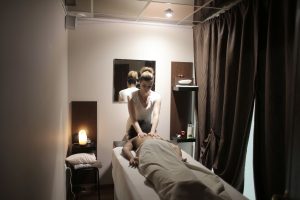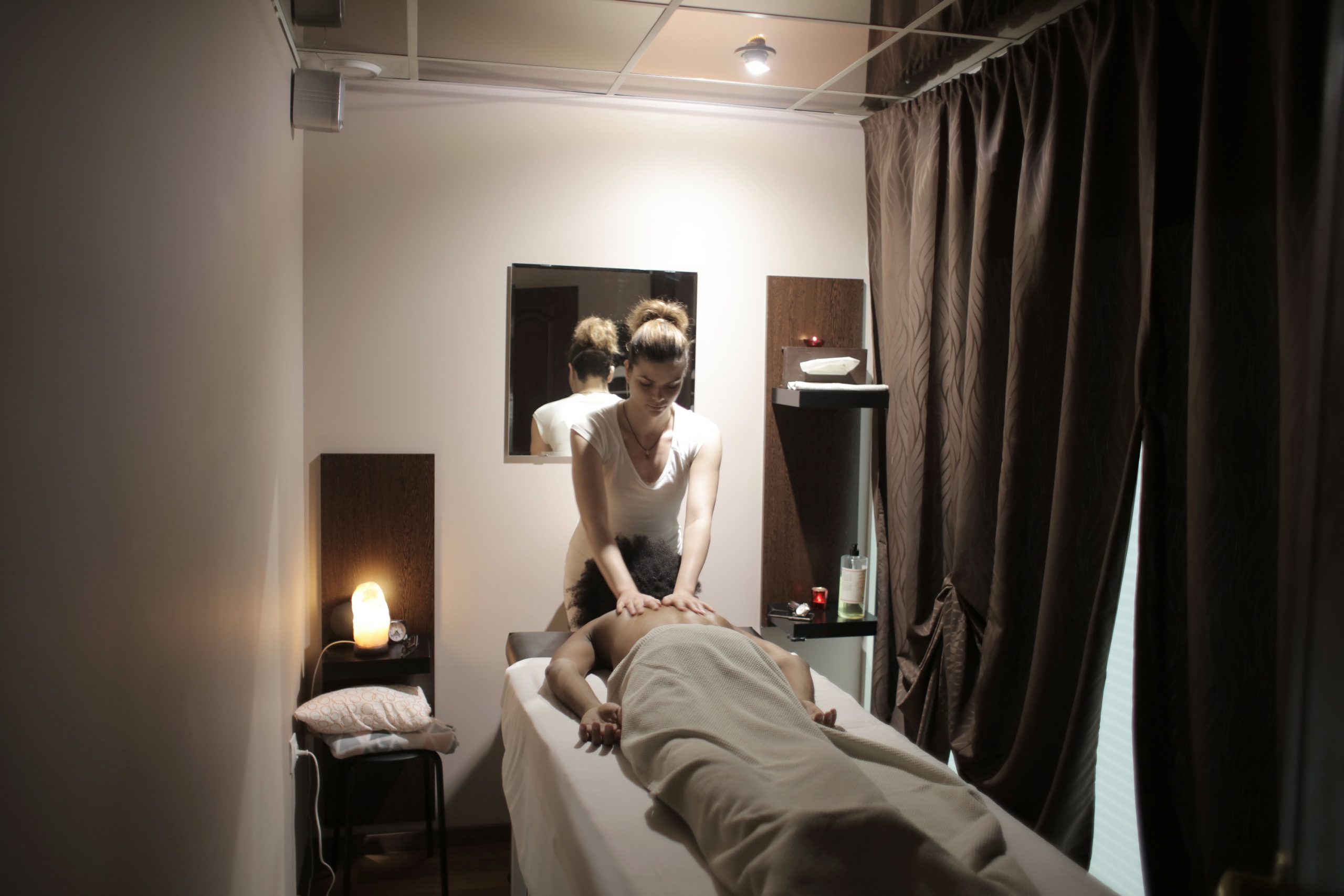 By: Zach Simpson
By: Zach Simpson
You may not be aware that the Third DCA ruled earlier this year that “Physical Therapy Modalities & Services” such as electrical muscle stimulation, ultrasound, heat, ice, and traction are not reimbursable under PIP when rendered by a massage therapist in any practice setting. Pointing in part to a law that took effect January 1, 2013 an appeals court sided with Geico General Insurance Co. in a dispute about paying for physical-therapy services provided by massage therapists to auto-accident victims.
Case Details
The Miami-Dade County case involved bills for three patients sent by Beacon Healthcare Center, Inc., under the state’s personal injury protection, or PIP, insurance system.
Physical therapy and physical therapy modalities (i.e. electrical muscle stimulation, ultrasound, heat, ice, and traction) were prescribed for auto accident patients by Beacon’s treating physician and medical director which were performed by massage therapists rather than physical therapists. Neither a licensed physician nor a physical therapist directly supervised the care performed by the massage therapists. However, when Beacon billed GEICO they noted that the supervising physician, and not the massage therapists, provided treatment. The billing statements also indicated that the massage therapists performed physical therapy modalities under the direct supervision of the medical director, whose only responsibility was to review patient files monthly. Geico General Insurance Company denied payment, which led to Beacon filing a suit in Circuit Court.Continue reading


